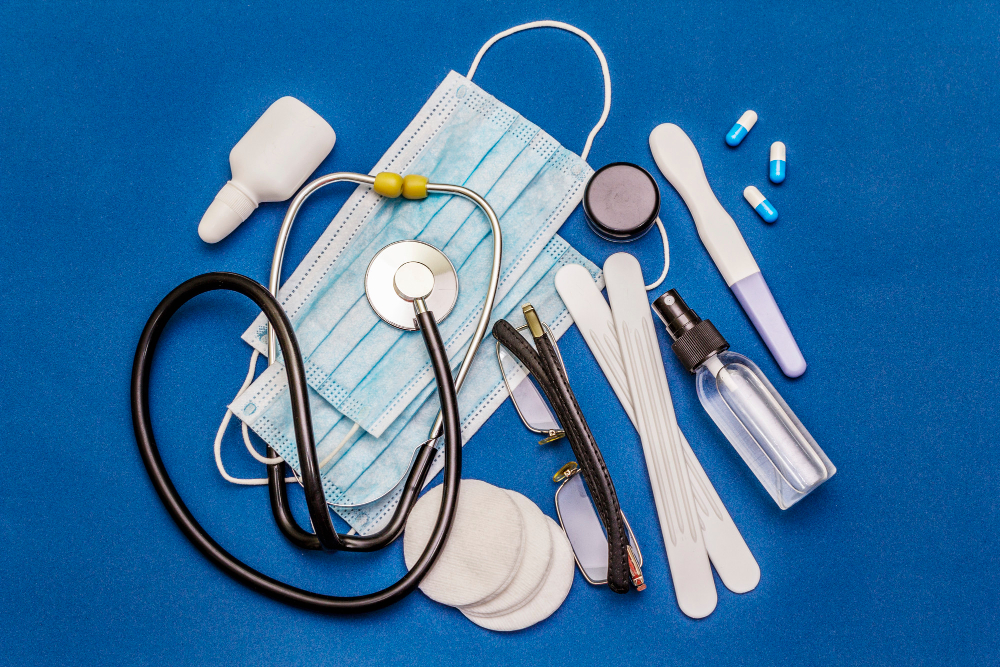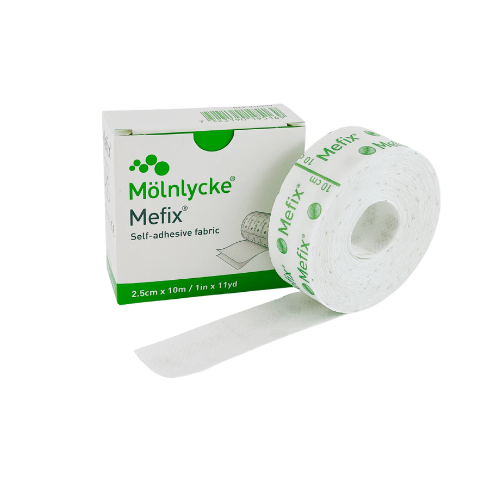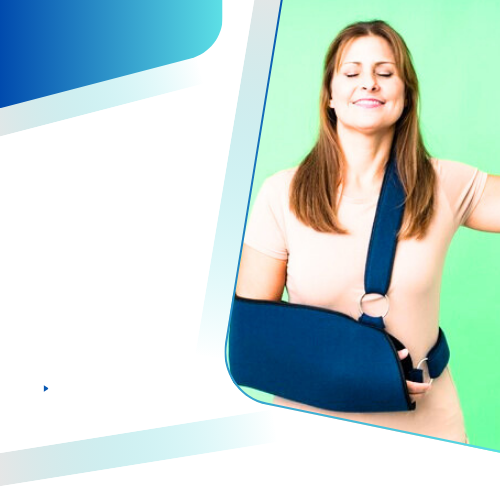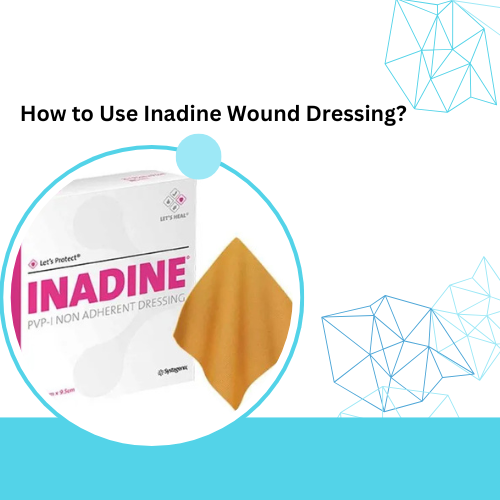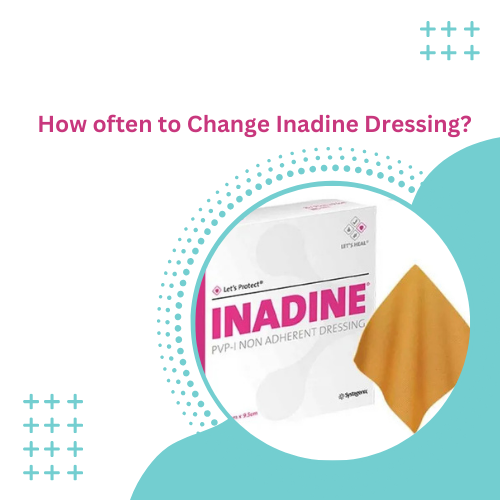Medical supplies in Brisbane play a crucial role in healthcare, ensuring that patients receive the best possible care, whether in hospitals, clinics, or at home. In Brisbane, the medical supply market is diverse, offering a wide range of products to meet the needs of healthcare professionals and patients alike. This guide aims to inform you about the different types of medical supplies in Brisbane available, where to find them, and best practices for safe and effective use.
Types of Medical Supplies in Brisbane
A. Consumables
Consumables are items that are used once or a limited number of times. Common examples include:
1. Bandages, Gloves, and Syringes
– Essential for wound care and infection prevention.
– Available in various sizes and types to suit different needs.
2. Diagnostic Tools
– Items like thermometers and blood pressure monitors are critical for routine health checks.
– Ensure they are calibrated and easy to use for accurate results.
B. Durable Medical Equipment
Durable medical equipment (DME) is designed for long-term use. This category includes:
1. Wheelchairs, Hospital Beds, and Walkers
– These items help improve mobility and comfort for patients with limited movement.
– Look for options that offer adjustability and support.
2. Respiratory Aids
– Equipment such as oxygen tanks and CPAP machines are vital for patients with breathing difficulties.
– Regular maintenance and monitoring are essential for these devices.
C. Home Care Products
Home care products enhance quality of life for patients who receive care at home. These include:
1. Mobility Aids and Incontinence Supplies
– Mobility aids like canes and grab bars help prevent falls.
– Incontinence products provide comfort and confidence for users.
2. Personal Protective Equipment (PPE)
– Masks, gloves, and face shields are essential for protecting both patients and caregivers, especially during infectious outbreaks.
Regulations and Standards
A. Overview of the Therapeutic Goods Administration (TGA)
The TGA is responsible for regulating medical supplies in Brisbane, Australia. Their role includes:
1. Ensuring Safety and Efficacy
– The TGA evaluates products before they can be sold, ensuring they meet strict safety standards.
2. Compliance and Standards
– All medical supplies must comply with regulations to ensure patient safety and product effectiveness.
B. Understanding Product Labels and Certifications
When purchasing medical supplies, it’s important to check:
1. TGA Approval
– Look for products that display TGA approval, indicating they have passed necessary safety tests.
2. Quality Certifications
– Certifications such as ISO signify that the product meets international quality standards.
Where to Buy Medical Supplies in Brisbane
A. Local Suppliers and Pharmacies
Brisbane has numerous local suppliers where you can find medical supplies. Consider:
1. Recommended Stores
– Look for pharmacies that specialize in medical equipment, as well as larger stores that offer a range of products.
2. Pros and Cons of Local Purchasing
– Local stores may provide personalized service and immediate access, but prices can vary.
B. Online Retailers
Online shopping offers convenience and often better prices. Benefits include:
1. Wide Selection
– Online platforms typically have a broader range of products compared to local stores.
2. Trusted Online Platforms
– Research reputable online suppliers to ensure quality and reliability.
C. Hospital and Clinic Supply Chains
Hospitals often procure supplies in bulk. Individuals can sometimes access similar supplies by:
1. Networking with Healthcare Providers
– Ask healthcare professionals for recommendations on where to purchase similar equipment.
2. Direct Orders
– Some hospitals allow direct orders for specific items if you have a medical referral.
V. Factors to Consider When Choosing Supplies
A. Quality and Reliability
1. Brand Reputation
– Research brands to find those known for high-quality medical supplies.
2. Clinical Evidence
– Look for products that have clinical studies supporting their efficacy.
B. Cost and Affordability
1. Comparing Prices
– Don’t settle for the first price you see; shop around to find the best deals.
2. Bulk Purchasing
– If you need multiple items, consider bulk purchasing options for savings.
C. Usability and Accessibility
1. Ease of Use
– Choose products that are user-friendly, especially for caregivers and patients with limited experience.
2. Compatibility
– Ensure the supplies you choose are suitable for the patient’s specific medical needs.
Tips for Safe and Effective Use of Medical Supplies
A. Proper Storage and Handling
– Keep medical supplies in a cool, dry place to maintain their integrity.
– Follow specific storage instructions provided by the manufacturer.
B. Understanding Expiration Dates
– Regularly check expiration dates to ensure that supplies are safe to use.
– Dispose of expired items responsibly.
C. Training and Instructions
– Ensure that caregivers are trained on how to use medical supplies effectively.
– Follow user instructions closely to avoid misuse.
VII. Staying Informed
A. Product Recalls and Safety Alerts
– Stay updated on product recalls through the TGA and manufacturers.
– Sign up for alerts to be informed about safety issues promptly.
B. Resources for Ongoing Education
– Look for workshops, webinars, and other educational resources that focus on medical supplies.
C. Community Support
– Join local forums or support groups where you can share information and experiences with others.
Conclusion
Choosing the right medical supplies is essential for effective patient care and safety. By understanding your needs, researching products, and focusing on quality, you can make informed choices that enhance care. Explore local options and stay informed to ensure you have the best supplies for your health needs.
Make a list of reputable suppliers in Brisbane for easy reference when needed.
This comprehensive guide aims to equip you with the knowledge needed to navigate the medical supply landscape in Brisbane effectively, ensuring you find the right products for your healthcare needs.
